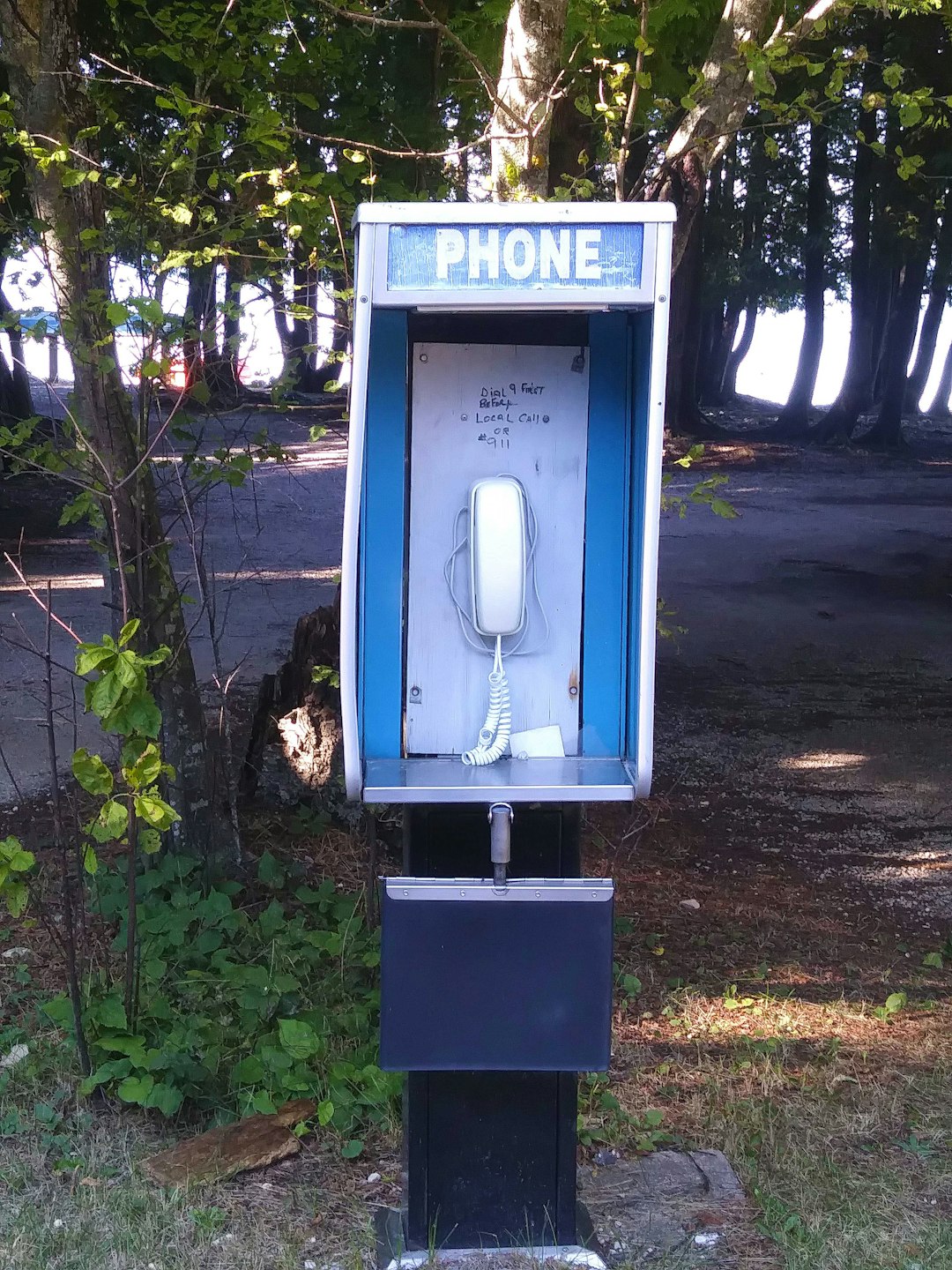Adhering to Maine's strict Do Not Text laws is crucial to avoid substantial fines and legal issues. These laws prohibit commercial text messages without explicit recipient consent, with significant repercussions for non-compliance, including up to $10,000 per day in civil fines and criminal charges. Law firms must consult specialized Do Not Text Lawyers Maine or Spam Call law firms Maine to ensure compliance, maintain client trust, and avoid damaging their reputation. Key measures include obtaining explicit consent, implementing robust opt-in systems, and respecting "Do Not Text Attorney Maine" preferences.
In today’s digital age, effective communication through text messages has become a standard practice for law firms in Maine. However, navigating the state’s stringent Do Not Call laws is crucial to avoid penalties and maintain client trust. This comprehensive guide delves into the Do Not Text Lawyer Maine regulations, exploring how Do Not Text rules apply to both lawyers and clients. We’ll discuss the impact on law firms, potential consequences of non-compliance, and practical steps to ensure adherence to Do Not Text Laws Maine. Stay within legal boundaries and foster stronger client relationships with our expert insights.
Understanding Maine's Do Not Call Laws: A Comprehensive Overview

In Maine, understanding and adhering to the state’s Do Not Call laws is essential, especially when it comes to text messages. These regulations are designed to protect residents from unwanted and intrusive marketing practices, ensuring a peaceful and undisturbed communication experience. The Do Not Text laws in Maine mirror federal guidelines, prohibiting commercial text messages sent without prior consent. This means that businesses and law firms offering their services via text must obtain explicit permission from recipients before initiating contact.
For those who violate these rules, consequences can include substantial fines. This is why it’s crucial to consult a Do Not Text lawyer in Maine if you’re a business owner or attorney looking to navigate these regulations. Legal experts specializing in this area can guide you on crafting effective consent forms and ensuring your text message marketing strategies are compliant with the Spam Call law in Maine, thus avoiding potential legal pitfalls.
The Impact of Text Message Compliance on Law Firms in Maine

In Maine, text message compliance is a critical issue for law firms, with significant implications for their operations and client relationships. The state’s strict regulations on unsolicited text messages, particularly those related to marketing or advertising, have led to increased scrutiny of communication practices within legal institutions. Law firms must adhere to the “Do Not Text Lawyer Maine” and “Do Not Text Attorney Maine” guidelines to avoid violating consumer protection laws. Failure to comply can result in hefty fines and damage to a firm’s reputation, as clients increasingly value privacy and consent in their interactions with service providers.
The impact extends beyond financial penalties; it affects client trust and retention. Maine’s anti-spam call law firms regulations require explicit consent for text communications, ensuring that clients only receive messages they have agreed to receive. Lawyers and law firms must implement robust opt-in mechanisms and maintain detailed records of client preferences to remain compliant. This stringent approach not only protects consumers but also fosters a more professional and ethical legal landscape in Maine.
What Does Do Not Text Mean for Lawyers and Clients?

The “Do Not Text” initiative in Maine is a set of compliance requirements designed to protect clients and lawyers from unwanted text messages, particularly those considered as spam. For lawyers and clients in Maine, this means understanding when and how to communicate via text messages legally. Under the Do Not Text laws, attorneys are prohibited from sending unsolicited text messages to potential or existing clients for marketing or advertising purposes. This includes promotion of legal services, discounts, or any content that could be considered as solicitation.
Compliance involves obtaining explicit consent from clients before initiating text communications and ensuring clear opt-out mechanisms are in place. Lawyers practicing in Maine must establish procedures to honor client requests to stop receiving text messages and should implement technology that automates these processes. By adhering to these rules, lawyers can maintain a professional relationship with their clients while avoiding potential penalties associated with spam call laws in the state.
Penalties and Fines: Consequences of Non-Compliance

In Maine, the violation of text message compliance requirements can result in significant penalties and fines. Businesses and organizations that fail to adhere to the state’s Do Not Text laws, which include restrictions on unsolicited text messages from law firms and lawyers, face strict consequences. According to the Maine Attorney General’s Office, non-compliance may lead to civil penalties of up to $10,000 per day for each violation. These fines are intended to deter companies from engaging in practices that invade consumers’ privacy and cause unwanted disruptions.
Moreover, individuals or entities found guilty of spamming through text messages, particularly those promoting legal services, could also be subject to criminal charges. The Spam Call laws in Maine aim to protect residents from unsolicited communication, ensuring their peace of mind and safety. As such, businesses must implement robust opt-out mechanisms and obtain explicit consent before sending any promotional or advertising text messages. Engaging a lawyer for Do Not Text Laws Maine can help organizations navigate these complex regulations and avoid the potential fines and penalties associated with non-compliance.
How to Ensure Your Law Firm Stays Within the Legal Boundaries

To ensure your law firm stays within the legal boundaries regarding text message communications in Maine, it’s crucial to familiarize yourself with the state’s Do Not Call and Do Not Text laws. Start by implementing a robust opt-in system for all marketing messages. This means clients must explicitly agree to receive texts from your firm. Avoid sending unsolicited text messages, including those promoting legal services or sharing case updates without prior consent.
Remember, “Do Not Text Lawyer Maine” and “Do Not Text Attorney Maine” are critical phrases to respect. Ensure your firm’s messaging complies with these regulations by training staff on proper communication protocols, using automation tools that adhere to opt-in requirements, and regularly reviewing and updating your privacy policies. Engaging in spam calls or texts can result in severe legal repercussions, so staying informed and compliant is essential for the ethical operation of any law firm in Maine.






